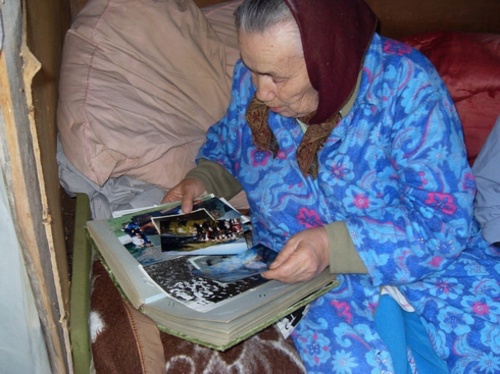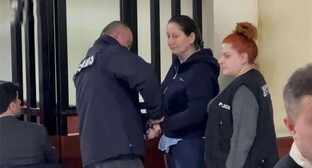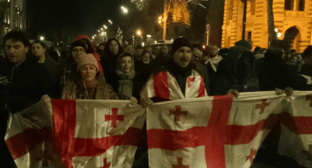
04 November 2009, 08:00
Anniversary of Karachai deportation: memoirs of repression victims
On November 2 and 3, Karachai-Circassia held actions dated to the 66th anniversary of deportation of the Karachai nationals. The residents of the republic, who were victims of political repressions in November 1943, have shared their recollections about the mass resettlement of Karachais to Central Asia with the "Caucasian Knot" correspondent.
Fatima Lepshokova, born in 1936, a resident of the city of Karachaevsk, has remembered the day of deportation for the rest of her life. "We gathered quickly," - she recollects. "We wrapped warm clothes and bread into a big shawl - we were not allowed to take anything else. All the cattle remained in the shed, and poultry and lambs - in the yard. No explanations were given, even - where they took us and for what."
According to Ms Lepshokova, there were eleven children in her family, and only five returned from exile in 1959. "I remember that two youngest very soon died from typhus; these disease then killed quite a lot. Our mum wrapped them into a blanket and buried. Then, one more died from famine," she said. "We felt very bad; people showed fingers at us saying that cannibals had arrived. We suffered lots of humiliations, but still came back as humans."
Mumiat Bostanov also told his story to the "Caucasian Knot" correspondent. The elderly man recollects that in hungry years in Central Asia his mother managed to stretch a glass of corn flour for a whole week, cooking a sort of gruel or soup for seven persons.
"We were like cattle transported in freight railway cars. All were carried together - old men, children and women," Mumiat Bostanov said. "We wrapped those who died into blankets and gave to people at stations, but not so many died in the road as there, in the steppe, from hunger. At that time famine was the first enemy; people got swelled up from hunger, but worked. Hundreds died from diseases - we had no medicines and no doctors to treat us."
Author: Bella Ksalova Source: CK correspondent




